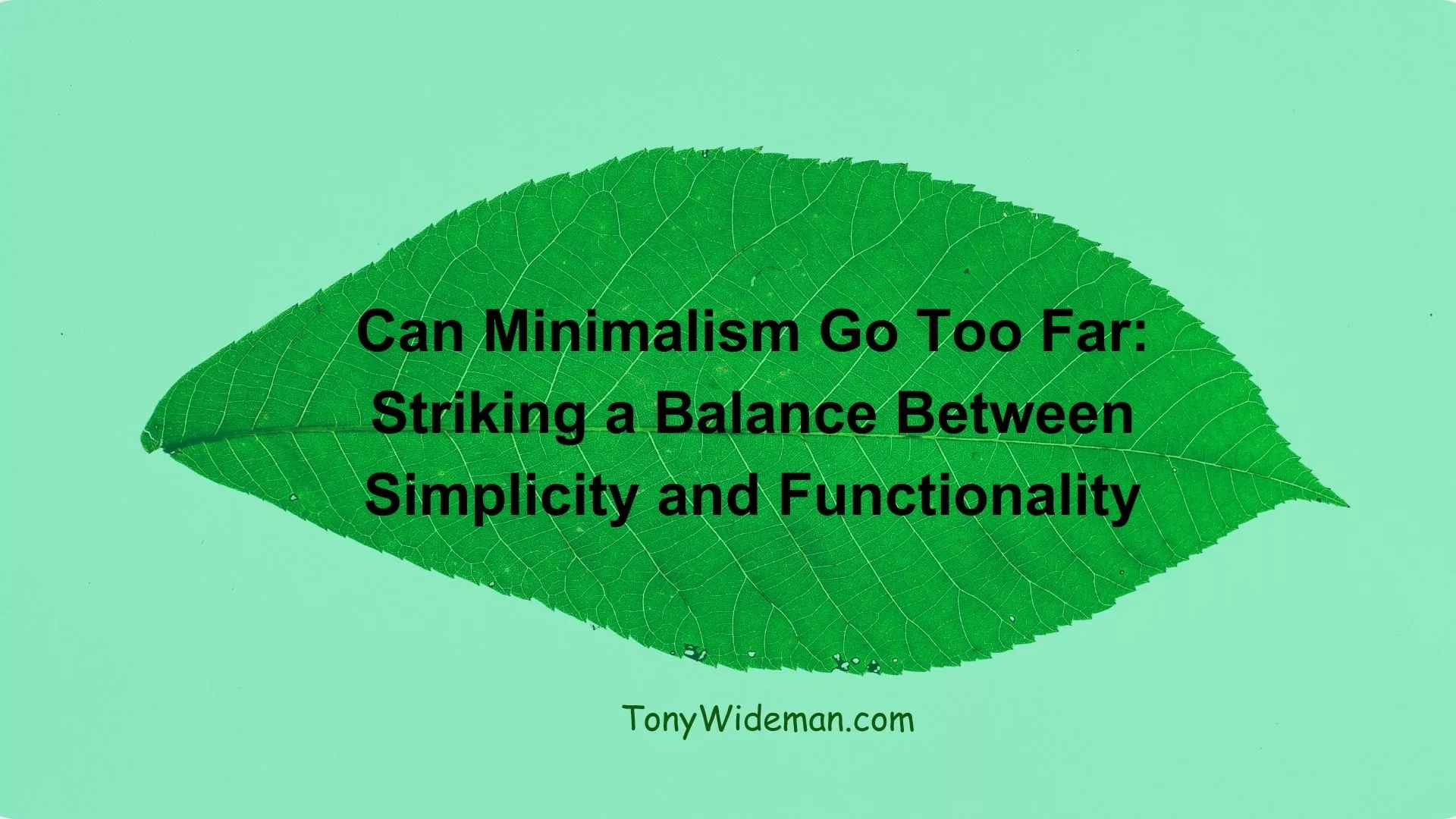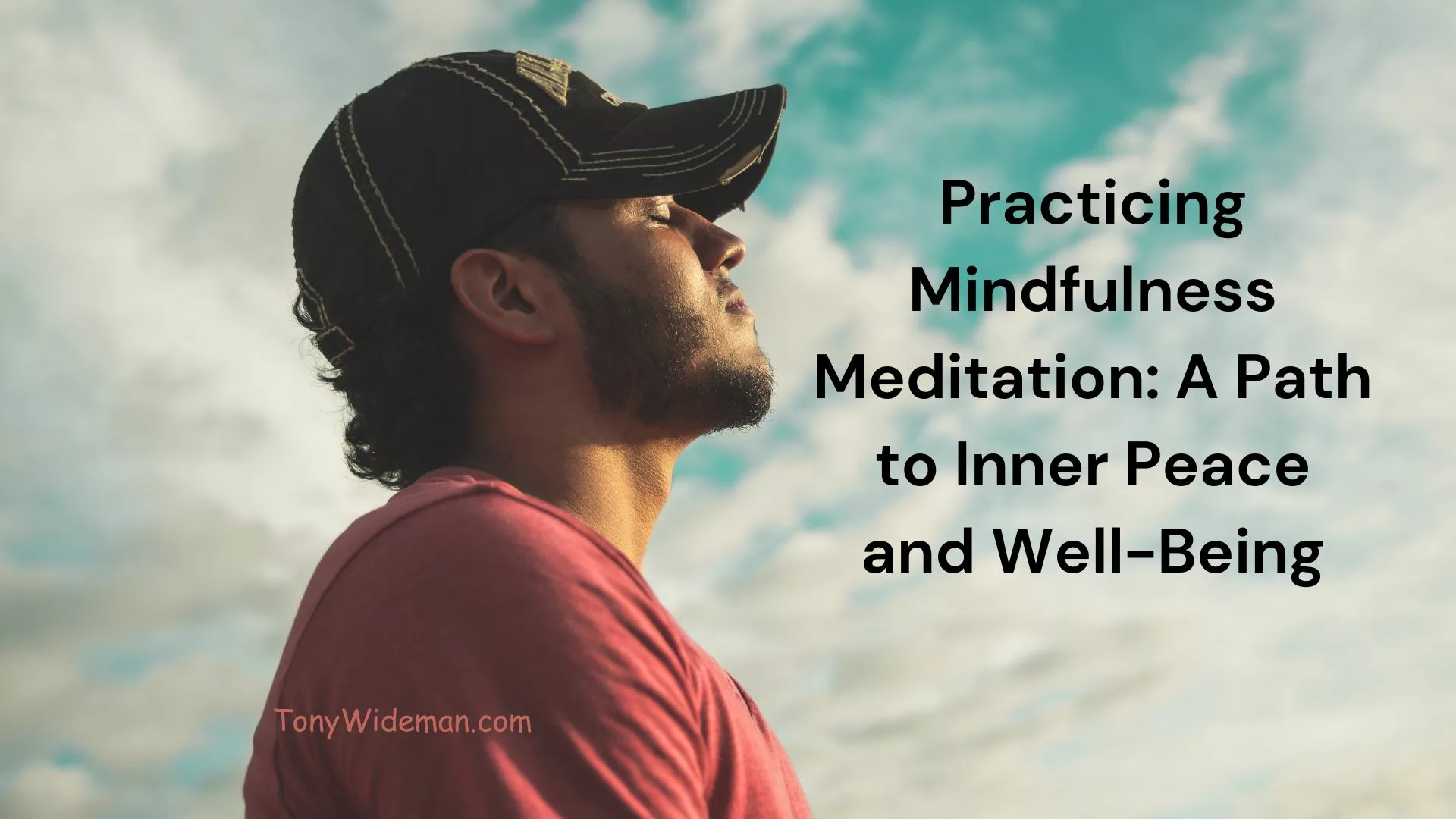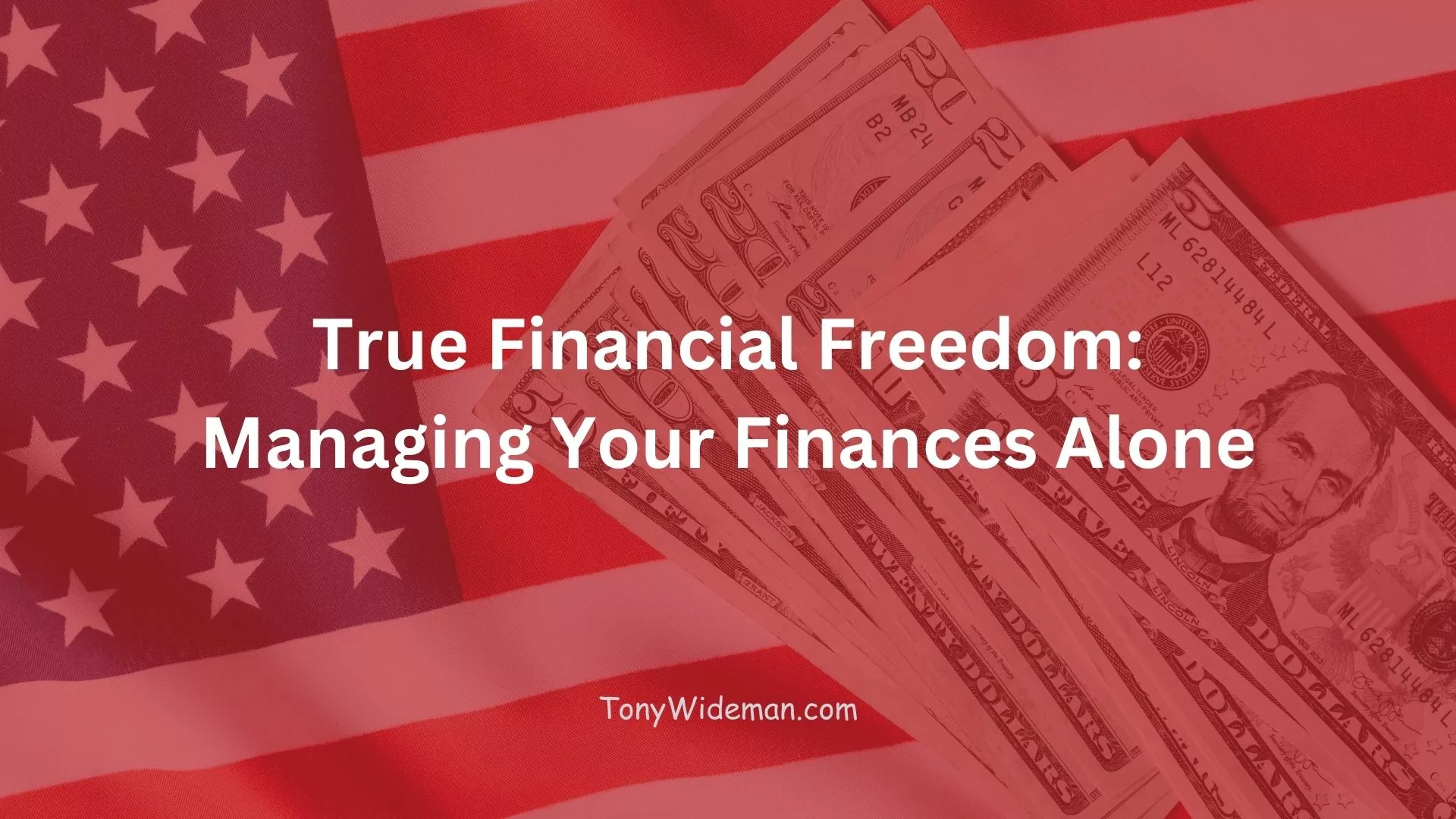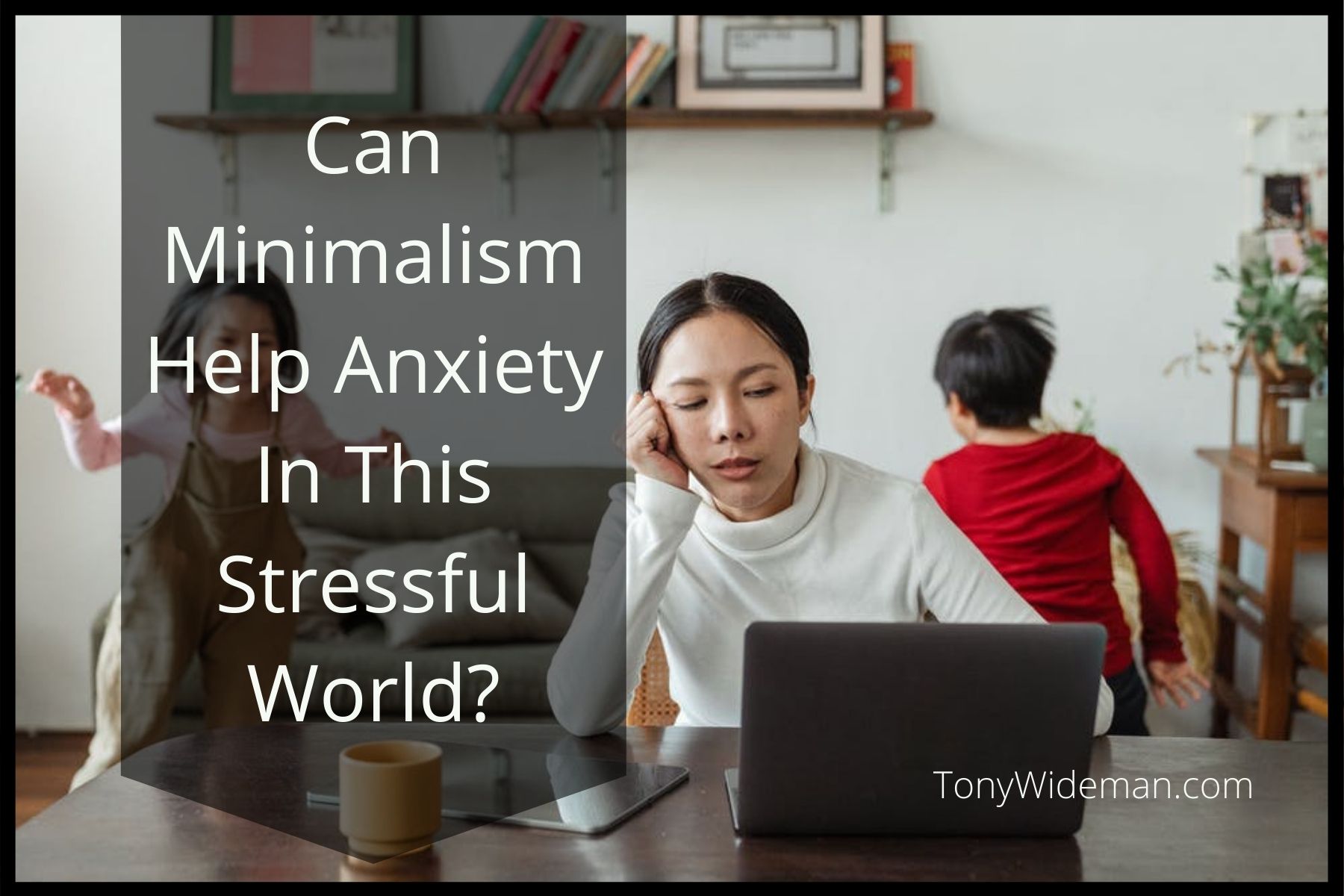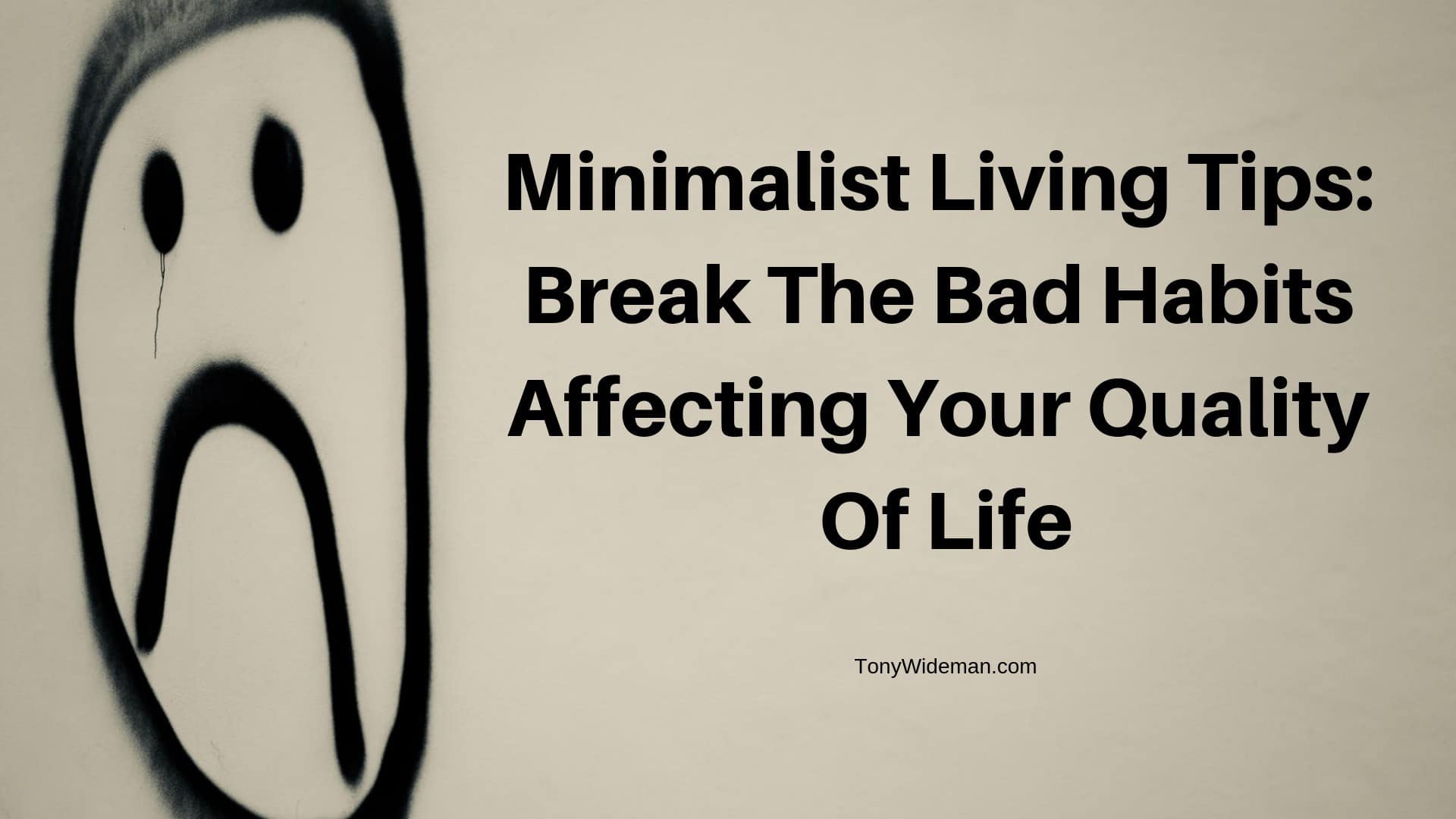Why Owning Less Could Be The Holiest Decision You Ever Make
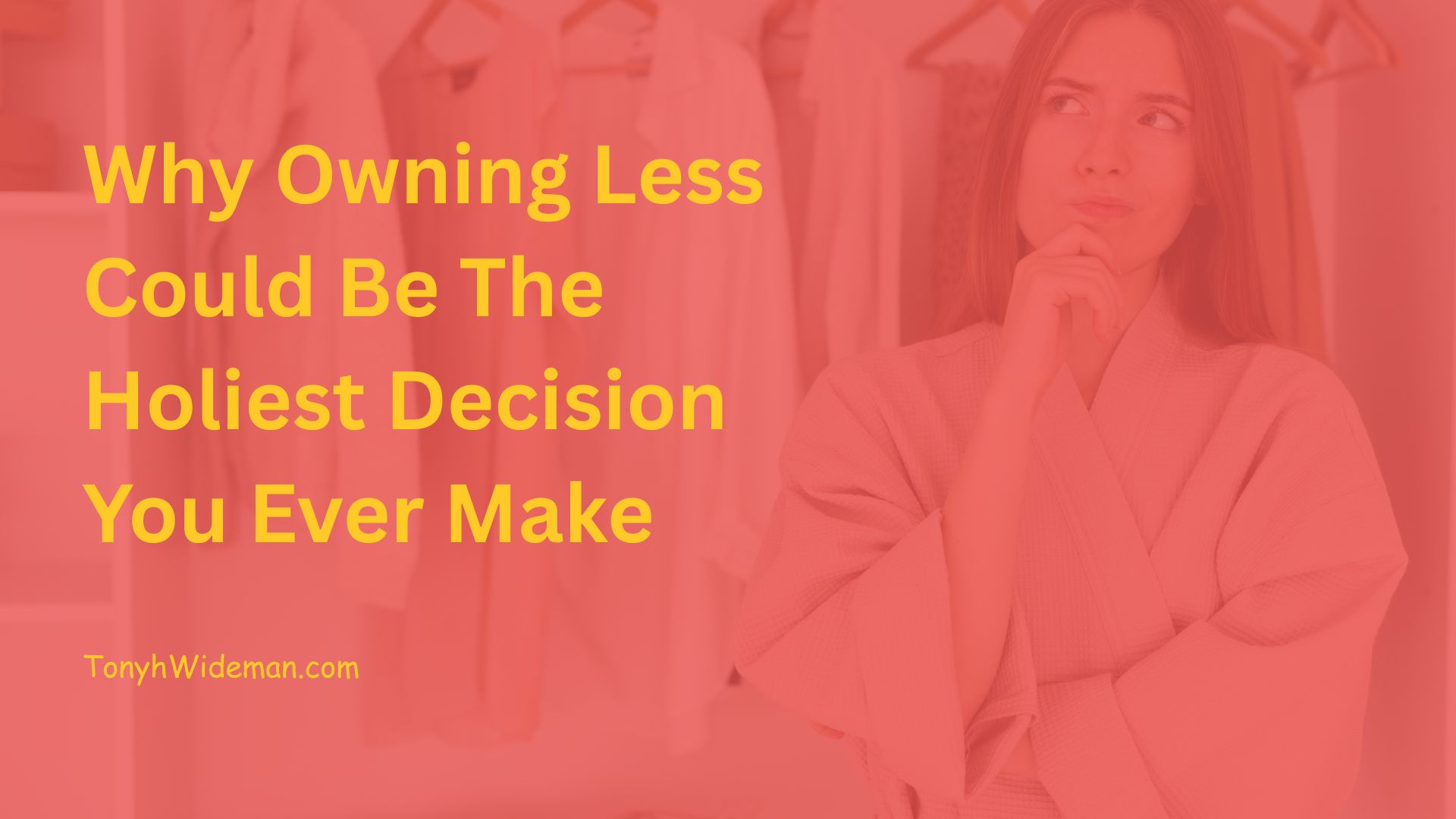
Owning less has a unique appeal that goes past just clearing out closets and getting rid of extra stuff. For me, it’s like opening up space not only at home but inside my head and heart, too. Letting things go can feel uncomfortable at first, especially in a world that pushes us to want more. But if you’ve ever felt weighed down, overwhelmed, or always on the hunt for what’s next, giving minimalism a go could be one of the purest, most freeing choices out there.
Why Less Can Mean More
Reducing what I own has done more for my sense of purpose and peace than I ever expected. Most people think of decluttering as simply throwing things away, but there’s a bigger benefit hiding beneath it. My experience is that having less stuff leads to greater clarity and more intention in day-to-day life.
There’s objective evidence that living with less can boost mental wellbeing. A study from UCLA found that clutter can lead to increased stress levels at home. When you reduce distractions and possessions, your focus sharpens, and you naturally make time for what truly matters, such as your relationships, growth, and spirituality.
Many ancient spiritual traditions, such as Buddhism and Christianity, have long recognized the connection between owning less and living a meaningful life. Across cultures, simplicity isn’t about suffering or missing out; it’s about choosing freedom over being stuck in a cycle.
Additionally, the less you have, the easier it is to maintain and clean your environment. I noticed that my weekends slowly transformed from endless chores to time spent reading, walking outdoors, or reconnecting with loved ones. Household stress decreased as space opened up for new experiences and fresh air, both literally and figuratively. When my surroundings became lighter, so did my mind.
Getting Started with Minimalism
Embracing minimalism may seem daunting, but I’ve found it’s best to start with small, manageable steps. For me, this meant asking myself honest questions about what I needed and what just took up space. If you feel ready to give it a try, begin with just one area of your life or home and go from there.
I like to use some gentle prompts to help guide my decisions:
- Does this item serve a real, practical purpose for me beyond? If not, it might be time to part with it.
- Do I feel lighter or heavier when I think about letting it go? Trusting my gut here always pays off.
- Would I buy this today if I didn’t already own it? If my answer is no, it’s usually not that important to keep.
You don’t have to rush the process. Even dedicating just ten minutes a day to sort through things creates momentum. Before you know it, those little pockets of order turn into whole rooms filled with peace and calm, while your priorities naturally shift to what matters most.
A Quick Guide to Owning Less in Everyday Life
Tackling minimalism extends far beyond closet cleanouts. I’ve learned a lot by breaking the process down into everyday actions that don’t feel overwhelming. Here’s what’s worked for me:
- Pick One Space: Choose a small drawer or surface to tidy first, and celebrate every bit of progress.
- Rehome Items with Purpose: Donate or give away anything that’s still useful instead of trashing it.
- Set One In, One Out Rule: For anything new that comes in, something else leaves.
- Rethink Shopping: Before buying, pause and check if you’re grabbing it out of boredom, habit, or real need.
- Focus on Experiences: Use your freed-up time and money to create memories, not just accumulate more things.
It’s easy to start small and still get results you’ll notice right away. As every corner becomes clearer, the uplift in mood can be pretty impressive. Invite a friend or family member to join in—it can become a bonding adventure with shared memories and support.
Things to Consider Before Embracing a Simpler Life
Minimalism isn’t without its challenges. I’ve encountered a few common challenges, and I’ve learned a great deal working through them.
- Sentimental Attachments: Letting go of things with personal meaning is tough. Taking photos or sharing memories with close friends has helped me keep the spirit without the physical item.
- Social Expectations: Sometimes, not owning the latest gear or a big house feels odd when friends are headed in the opposite direction. Reminding myself of my reasons for simplifying helps me stay confident in my choice.
- Fear of Needing Stuff Later: The “what if” anxiety can creep in. I keep a box for “maybe” items and revisit it after a few months. If I haven’t missed them, I know they can go.
- Family Dynamics: If you share a space, open conversations about why you want to own less can help get everyone on board or at least understanding.
Sentimental Attachments
Some things seem impossible to give up, like old letters or childhood keepsakes. What’s worked for me is picking one or two favorites, then letting go of the rest after taking photos for safekeeping. That way, the memory sticks, but my shelves aren’t overflowing.
Social Pressures
It’s easy to feel out of place if your friends or family are passionate about shopping or collecting. I focus on how I feel now compared to before: I have less anxiety and more gratitude, which keeps me grounded.
“Just in Case” Items
Holding on to things for future emergencies can quickly fill up your space. I started a “waiting area” box, and I rarely end up needing those things anyway. Most of the time, if I let go and need it later, I can borrow, get creative, or find alternatives instead.
Family Differences
Having honest, respectful talks about values and what each person needs helps when everyone isn’t on the same page. There’s no need to force your views; find little ways to swap clutter for calm together.
Moving through these hurdles doesn’t always look perfect. Every step toward less seems to lighten the whole atmosphere at home and inside my mind.
Going Deeper: The Spiritual Dimension of Owning Less
For many of us, minimalism has a spiritual dimension. I’ve noticed that cutting down on distractions leaves more space for meaningful rituals, mindfulness, and personal faith. Whether or not you consider yourself religious, the act of simplifying can draw you closer to your core values.
The popular thinker, author of “Celebration of Discipline,” highlights simplicity as a path to more profound spirituality.
The beauty of this adventure is felt in quiet moments: when there’s time to pray, meditate, read, or pause. You might notice you have space for a daily gratitude practice or feel less rushed overall. All these changes build toward a more meaningful, “whole” life, one that many faiths see as truly holy.
Practical Ways to Make Minimalism Stick
Owning less gets easier with a few practical habits. Here’s what’s worked for me over the years:
- Regular Decluttering Sessions: I conduct a quick scan every few months to check if anything is piling up or has become worn out.
- Quality Over Quantity: When I make a purchase, I look for durable and versatile items that will last a long time.
- Clear, Simple Spaces for Rest: Creating a calming environment at home makes unwinding way easier.
- Intentional Gifting: Experience-based gifts or donations often mean more than objects.
- Journaling What Matters Most: Keeping a simple gratitude journal reminds me of what’s important, so I’m not tempted to fill the gaps with stuff.
If you fall off the minimalism wagon, don’t worry. It’s normal for clutter to accumulate at times. Please take it as a sign to pause and check in with your goals, realign your actions, and keep moving forward. Little habits and mindful choices add up to a lot in the long run.
Owning less isn’t just about what’s gone from my shelves, but about how much room there is now for joy, peace, and meaning. There’s plenty to gain when you choose to travel lighter through life. The clarity and freedom awaiting you on the other side are genuinely worth the effort.
Frequently Asked Questions
These are some common questions I’ve received from friends and readers who are considering owning less.
Question: Is owning less about deprivation?
Answer: Not at all. In my experience, it’s more about focusing on things that serve you, rather than things that fill up shelves. It’s about being content, not feeling like you’re missing out.
Question: How do I start when my family isn’t interested?
Answer: I stick to changing only my stuff and lead by example. Sometimes, when people see the difference in how relaxed things feel, they want to join in later.
Question: Does owning less really make life better?
Answer: In my personal experience, yes. Less cleaning, fewer distractions, and a calmer mind add up to more happiness and better focus, even when life gets busy.

